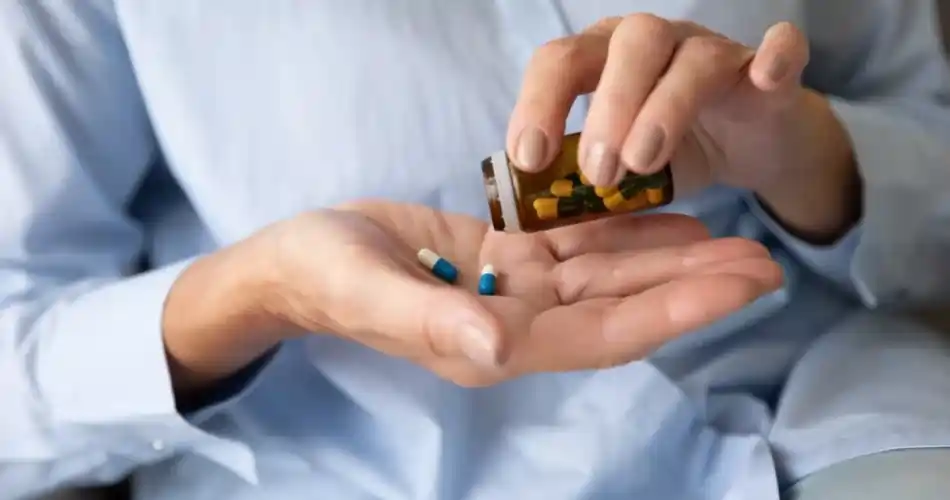Experts explain that this is a unique phenomenon seen only in India and may help antibiotic developers tailor new drugs to the country’s needs
Most of the country’s sickest patients may no longer benefit from carbapenem, an antibiotic that effectively treated pneumonia and sepsis until a decade ago, according to the latest Indian Council of Medical Research (ICMR) study on antimicrobial resistance.
The study, published Friday and reviewed in the local Times of India found that the overuse of antimicrobials (whether antibiotics, antivirals or antifungals) had led to widespread resistance to these drugs in the community.
ICMR collected data from 21 tertiary-level hospitals across the country, including the BMC-run LTMG Hospital in Sion and Hinduja Hospital in Mahim, between January 1 and December 31, 2022.
About 1 lakh culture isolates from ICU patients were studied to analyze hospital-acquired infections and 1,747 pathogens were found, with Ecoli bacteria being the most common culprit followed by another bacterium Klebsiella pneumoniae.
Drug-resistant bacteria
The report states that if eight out of 10 patients with a drug-resistant E. coli infection responded to carbapenem in 2017, only six responded in 2022. The situation is worse with infections caused by drug-resistant avatars of the bacterium Klebsiella pneumoniae: compared with six out of 10 people who find the drug helpful, only four will be able to receive help in 2022.
“Even if new antibiotics for E-coli developed in the West were to reach India right now, they may not work against some drug-resistant Indian strains of E-coli,” said ICM senior scientist Dr. Kamini Walia, one of the lead authors. of The study.
However, she said the 2022 report contained some encouraging findings amid widespread antimicrobial resistance in India. “We are pleased to say that the resistance patterns of the major superbugs have not changed in the last five to six years, but the unfortunate thing is that we are not seeing any downward trend.”
Second, the scientists found a molecular mechanism of resistance in all superbugs. “We discovered that NDM (New Delhi metallo-betalactamase) is frequently observed in multidrug-resistant pseudomonad isolates. This is a unique phenomenon only seen in India and can help antibiotic developers tailor new drugs to the country’s needs,” Dr. Walia added.
Doctors also believe that the worst culprit is the indiscriminate use and prescription of broad-spectrum antibiotics. “Even drugs commonly used for diarrhea, such as norflox or oflox, are not that effective,” Dr. Walia said. “In fact, if we were to introduce a new drug and use it in the same way as carbapenem, it would soon lose its potency.”
In the West, a resistance level between 10% and 20% is considered alarming, but in India doctors would prescribe the drug even if there are reports of 60% resistance levels. “Doctors should take prescribing antibiotics more seriously and they should only be given to patients if necessary,” he said.

